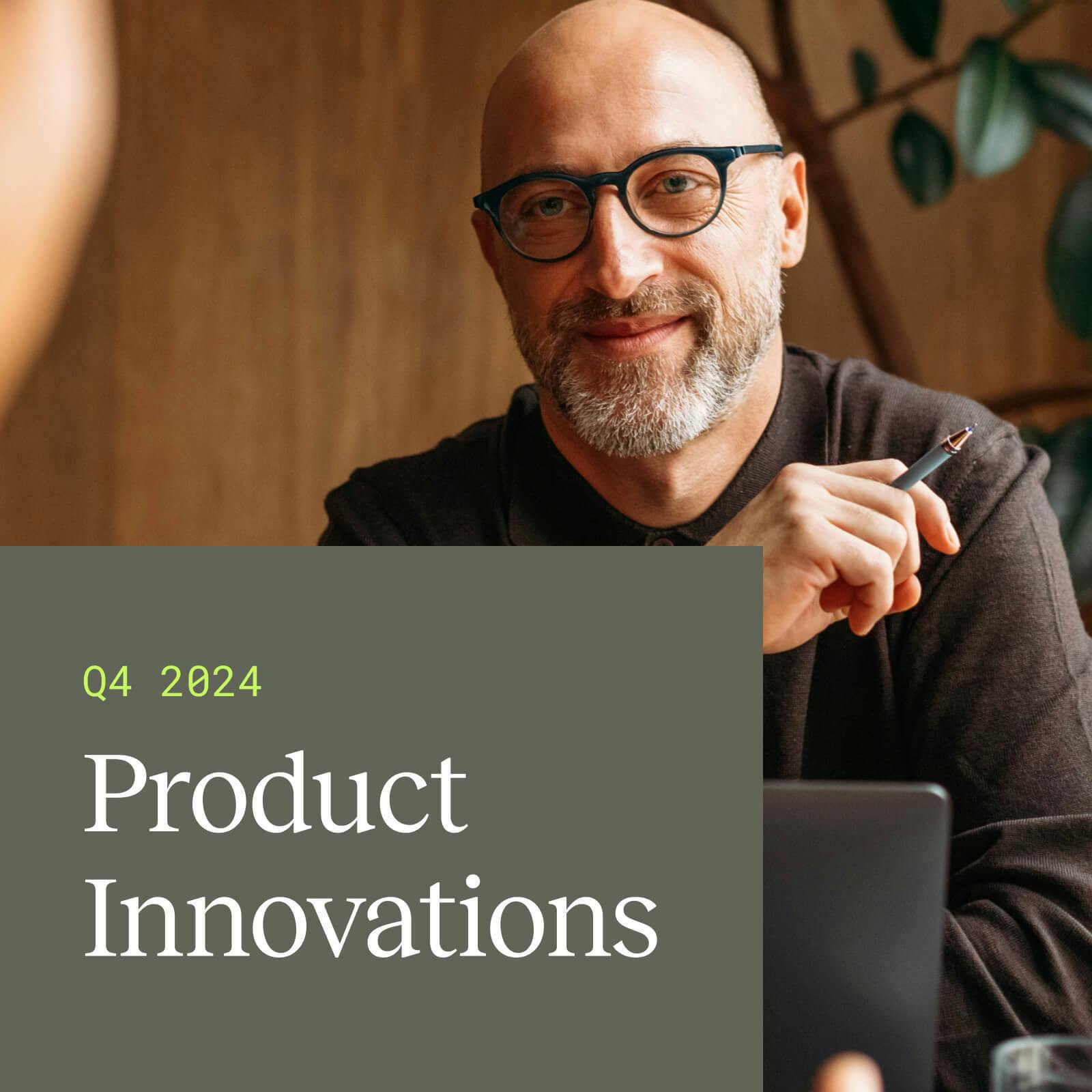How the CMO of the world’s largest retailer approaches customer data
Chris Tung, CMO of Alibaba Group, describes the core tenets of his company's approach to customer data and how it's transforming consumer experiences.

Chris Tung knows a lot about customer data. As CMO of Alibaba Group, the world’s largest retailer, he’s constantly integrating and applying customer data to create transformational experiences for consumers and predictable, repeatable growth for his shareholders.
Speaking at the 2017 Cannes Lions International Festival of Creativity, he described the foundations for how he approaches any data-related project, why customer data platforms are so important, and his vision for the next wave of marketing.
The three questions to ask about customer data
“The first question for us is whether the data is complete,” said Tung. Data from a sample of consumers doesn’t cut it. He demands granular, census-level information.
“The second question is how much do we really understand the real person’s identity and behavior.” It’s not enough to know about a subset of a person’s transaction or browsing history. That approach may have sufficed for your basic ad-centric retargeting tactics, but that’s not what Tung’s after. He wants all of the data he can possibly get his hands onto, harmonized around a single customer profile, in order to do far more (more on this in a moment).
“And [third] can it be updated real time?” said Tung. “People are changing their lifestyles and interests very fast and you need to stay updated.” Batch data processes don’t meet his businesses needs; he requires real-time streams.
Why having the right customer data platform is crucial
The three foundational elements power what Tung sees as the three core competencies marketers need in order to compete in the modern era:
- Live, real-time data available on demand
- Fully integrated data across the entire customer journey (Awareness, Interest, Purchase and Loyalty)
- Fully actionable data (across all relevant touchpoints)
Getting it right isn’t easy and requires robust technology. As Tung explained, “You need a comprehensive data infrastructure with advanced algorithms to make data visible and trackable in real time.” In addition to this, Tung’s team has deployed an audience-building engine that automatically sorts every one of Alibaba’s nearly half a billion monthly active buyers into one of 500 lifestyle segments. These segments, in turn, inform personalization everywhere, providing consumers with a seamless online and offline experiences.
Tung termed this post-channel, multi-screen approach “Uni marketing” on account of the fact it creates universal touchpoints, united channels, and unique relationship journeys – with universal identity for each customer and prospective customer being the key to everything.
The next wave of marketing
Tung believes the result is nothing short of revolutionary: “It will change the history of marketing.”
Not only does “Uni marketing” create better customer experiences, it also takes the guesswork out of resource allocation, enabling Alibaba to run marketing programs that are essentially long-term capital investments (as opposed to mere G&A/opex).
With a complete view of a customer’s lifetime value, backed by a single “Uni ID”, Alibaba can trace the value of its marketing investment with as much precision as a mutual fund manager reviewing her portfolio. There’s complete visibility into what a particular group of marketing investments is worth. When new investments are made, they’re immediately reflected on the balance sheet. When an investment starts to decline in value, for whatever reason, that, too, is immediately visible and new investments can be allocated to other areas.
“You don’t need statistics,” said Tung, “it is an exact reflection of reality.”



